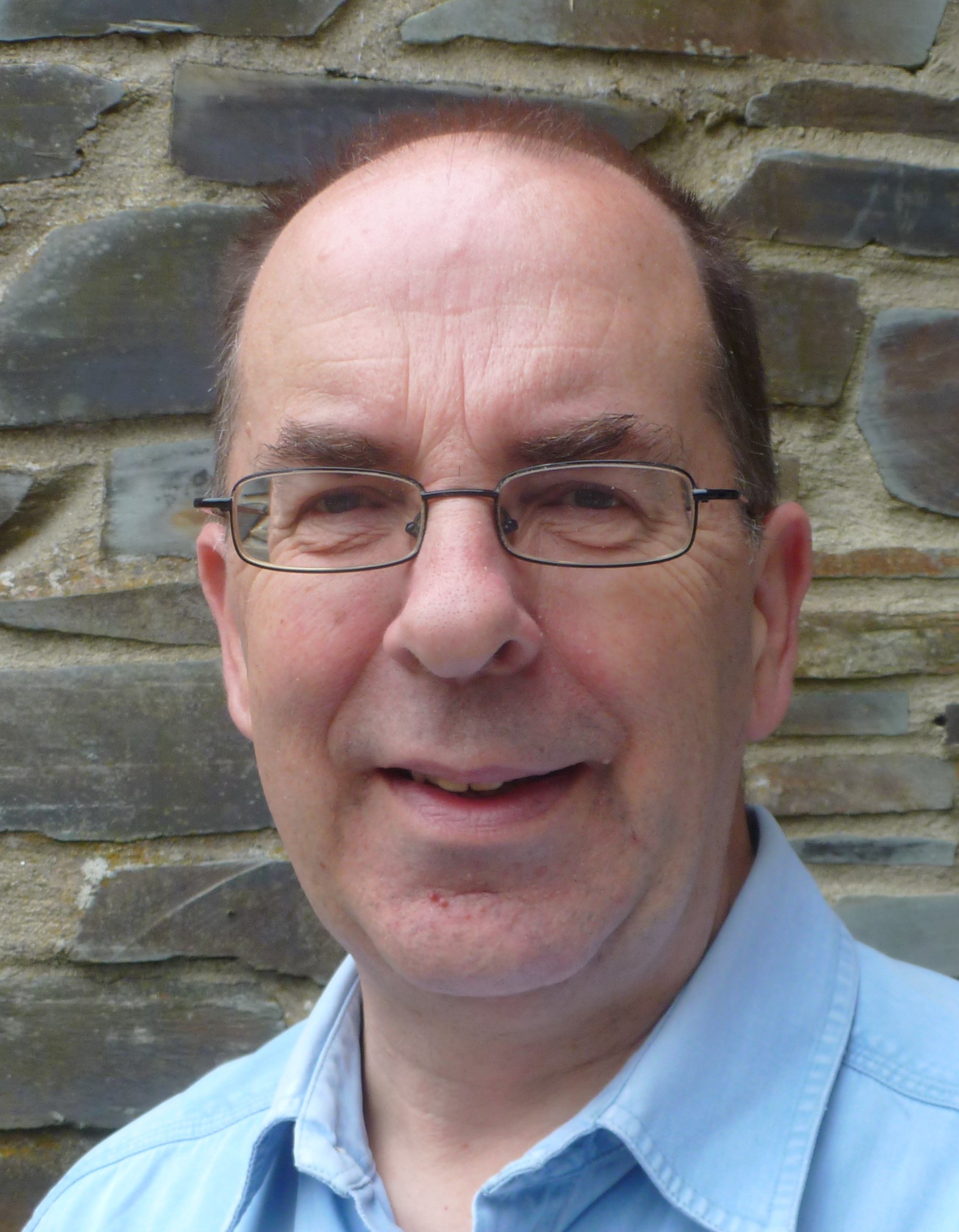It’s the same every morning. The dog barks. I get up and sit on the edge of my bed. Go downstairs and give the dog her Bonio. Put the kettle on. Let her out. Make a large mug of tea. Let her in. Excited at the new day, she does her party trick of leaping from one sofa to the other.
Then we sit. Together on the sofa. The only sounds are birds singing, the fridge humming, a clock ticking and the radiators waking up.
Time to start the day. To pray. Pray about my family. Pray about people at work. Pray for myself within the day ahead. Every day the same words to end: ‘May today be honouring to you and to other people and where possible be to your glory.’
The dog’s asleep.
Prayer is difficult!
We all have our different approaches to times of private, individual prayer. None of us are exactly the same. There are many different ways to pray. Of all the hundreds of books that have been written about prayer, many of which say similar (and valuable) things, Heart Fire may strike you as being somewhat different.
The German author, speaker, poet and storyteller, Johannes Hartl takes us on an adventure as he seeks to answer the question, ‘What is prayer?’ The author brings experience from the monastic and the charismatic – in human terms, at opposite ends of the measuring stick of Christian spirituality. And they are not uncomfortable partners. Comparing prayer to wine tasting, art and even firing a machine gun, Johannes Hartl uses a wide variety of examples and settings to lead us on this adventurous journey.
Amidst all the encouragements and exciting experiences, there is honesty about the difficulties of prayer: he describes daily spiritual exercises as ‘more tedious than not… like dutifully completing a school assignment.’ Many of us have been there I’m sure! But that comes with encouragement as well: ‘(God) is always in the here and now, even if my thoughts are usually somewhere else,’ he writes. I would have liked to have seen more than just five pages on prayer in times of suffering and some advice and encouragement for those who really do struggle with the apparent absence of an answer to prayer.
Heart Fire is not a linear book – there is a beginning, but no traditional middle or, indeed, end. But that is perhaps an appropriate reflection of a life of prayer – together with the inevitable absence of a complete answer to the author’s own question. Which is how it should be, I guess.
It is, in places, written as a personal story. The storyteller tells lots of them. Pulled from all over Europe, Africa and America, these stories are funny, powerful and at times moving (not least that which recalls a visit to Belfast). They are exciting, calming and touching. And there are many of them. The book is full of the author himself, alongside some excellent (non-academic) theological reflection and insights. It engages the reader and is designed to inspire, especially the section where he describes the development of the vision which led to the House of Prayer in Augsburg.
Prayer is Adventure!
There were times when I could not put this book down and it is written in a way that makes it easy to read. The 25 short chapters, each split into helpful bite-size chunks, make for a digestible consumption of the book’s 200 pages. Each chapter ends with a helpful practical suggestions under the title ‘Stoking the Fire’.
Cynically, one might say that it would be easy to read this book and feel God does not bless us the reader as greatly as the author. So it’s encouraging that Johannes Hartl affirms: ‘There is no correct form of prayer. There is instead a variety of forms of prayer that fit different people at different stages of their spiritual lives.’ May that be true for you as you continue your own adventure into a life of prayer.
God in the everyday
As the day ends, I sit in my prayer space, I am glad that answers to the day’s prayers will probably not have been as spectacular or dramatic as many of those in the book. I am glad that God meets me in the ordinary and the everyday. I am glad that I can look back on what’s happened with thankfulness, whether it’s been a pretty rubbish day or a fulfilling one. God is always present and the dog is probably asleep.
About the Author

Richard Frost is a Reader in the Church of England and a lay member of a Benedictine Monastic Community. The author of Life with St Benedict (published by BRF in 2019), he writes a blog at workrestpray.com.

